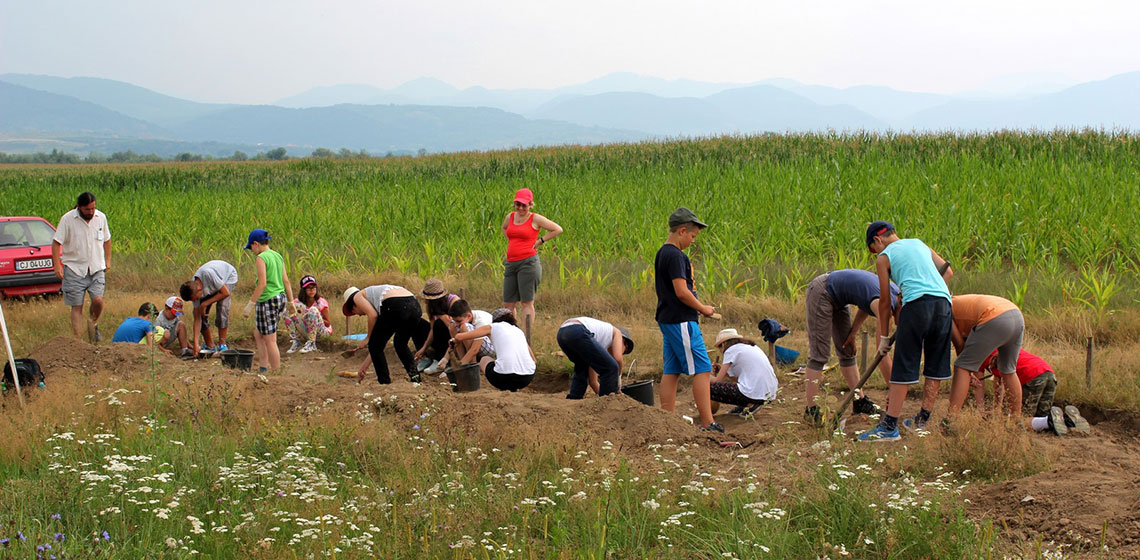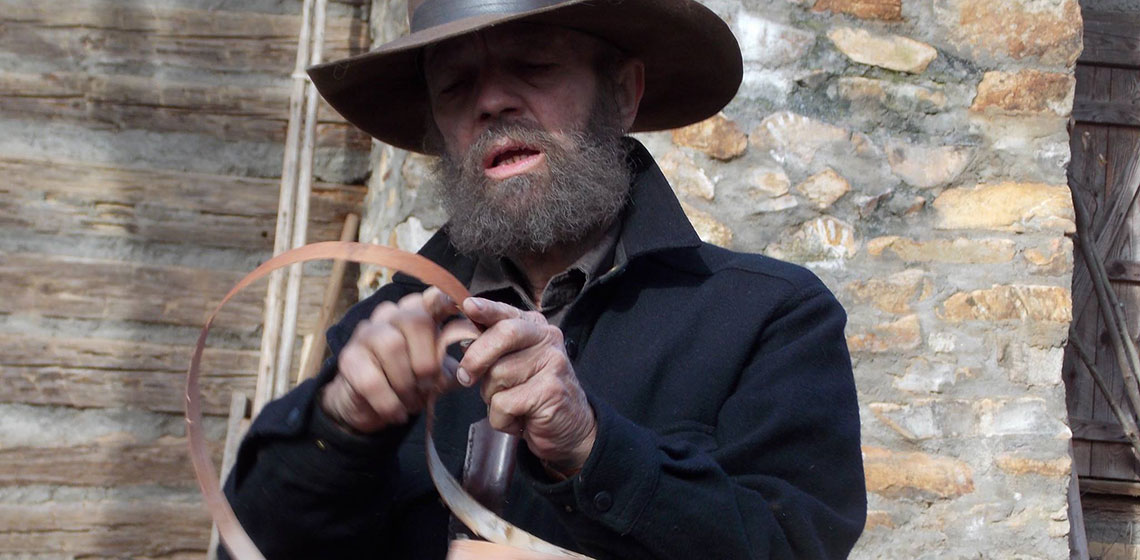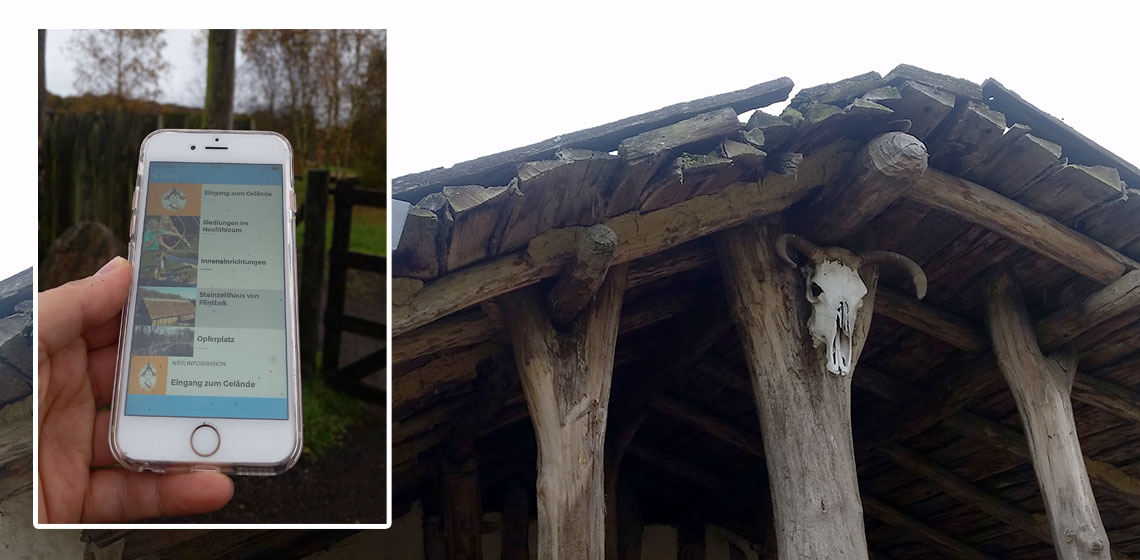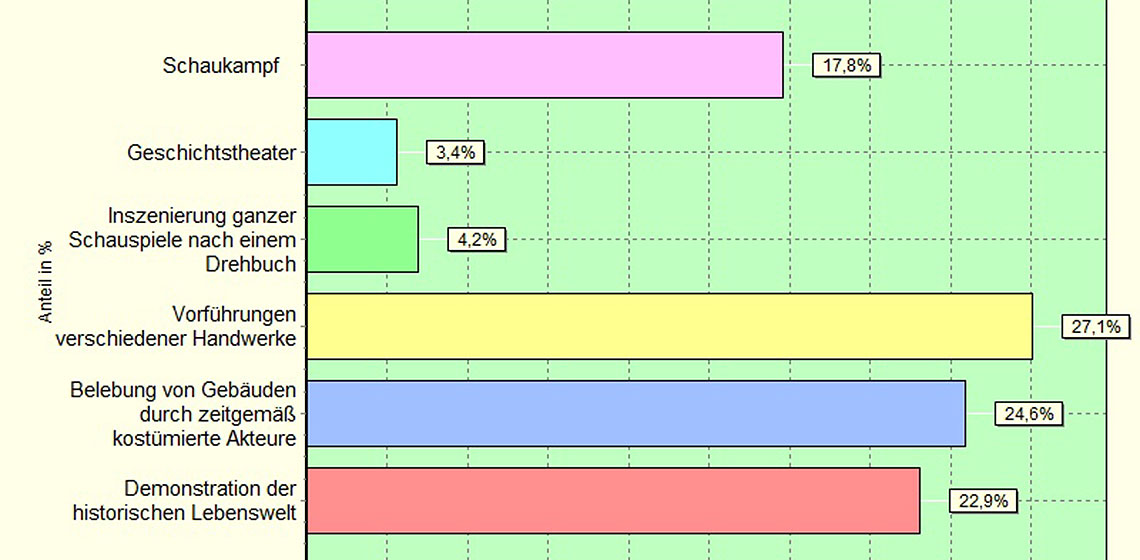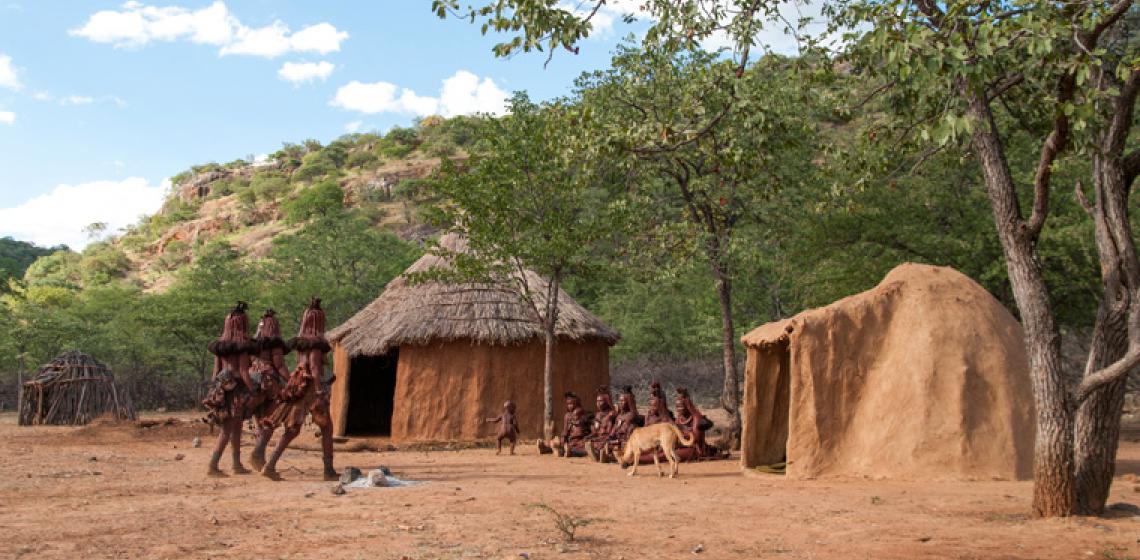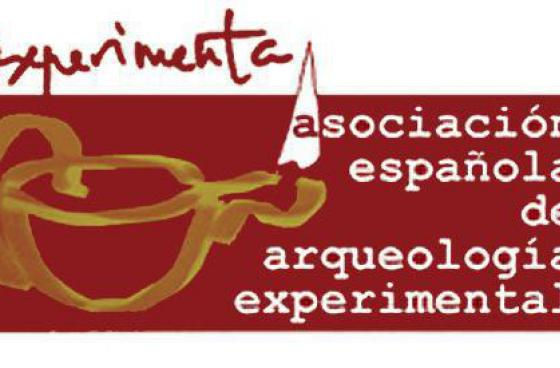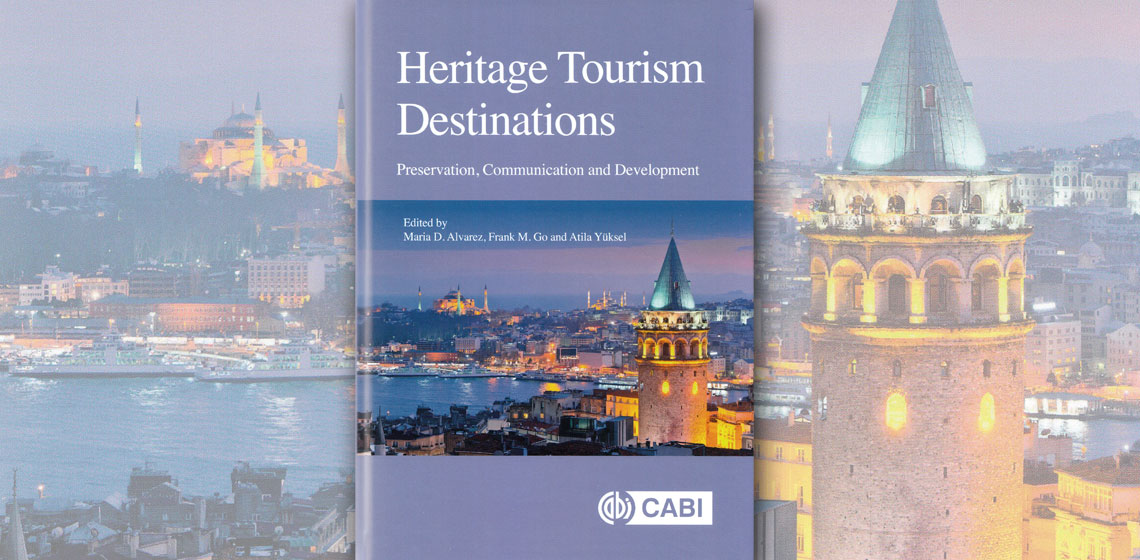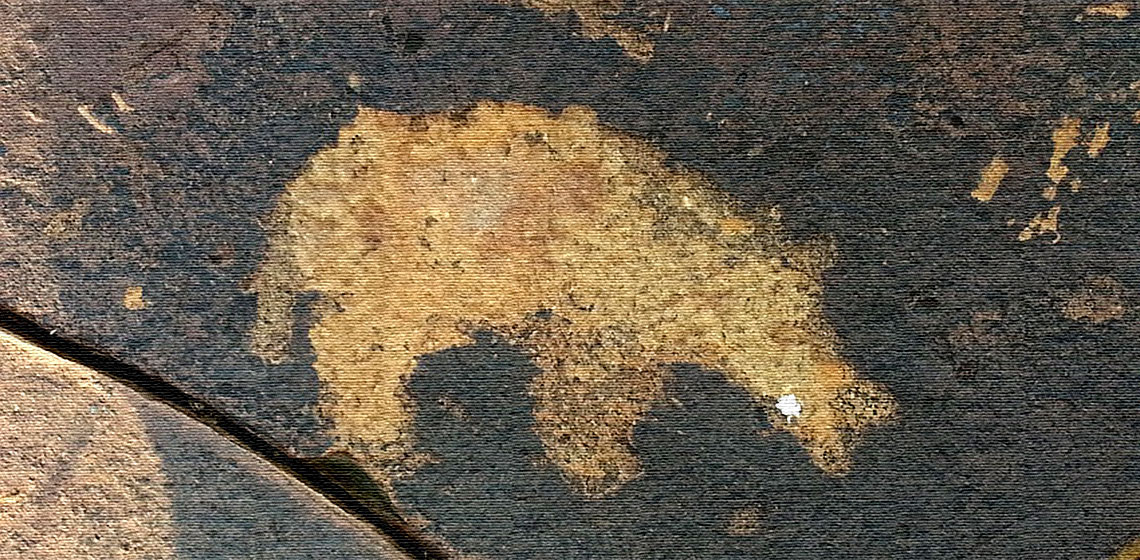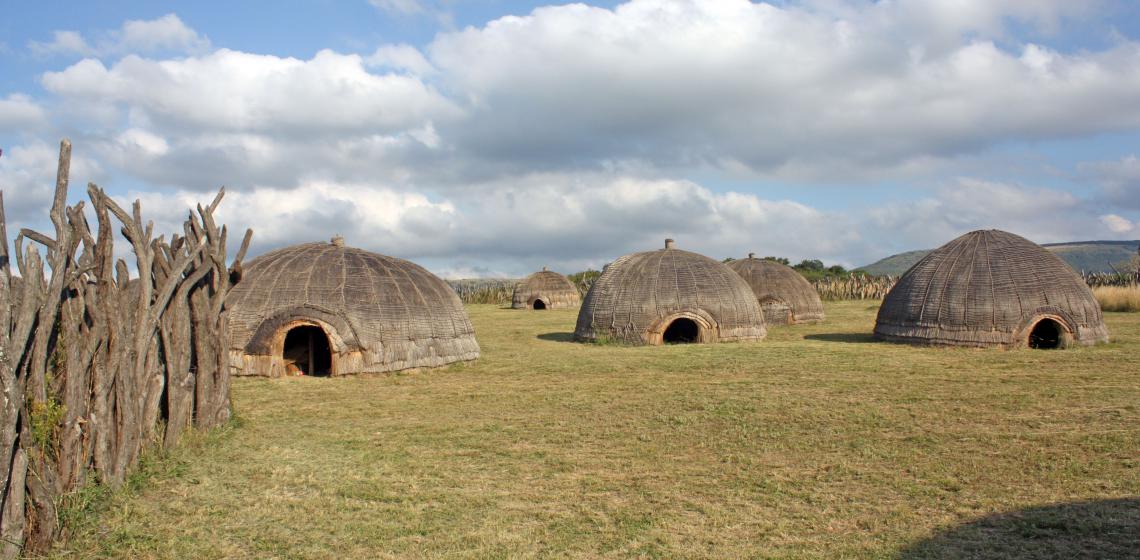Newest Era
Obituary: Steve Watts (25 July 1947 - 21 March 2016)
High Tech for the Stone Age – iBeacons in Open-Air Museums
Living History as an Instrument for Historical and Cultural Exchange in German Archaeological Open-Air Museums: an Online Survey Defines Present Status
Ovahimba living museum (NA)
The Ovahimba Living Museum is a place where you can interactively experience the traditional culture of the Ovahimba. The Museum acts as a traditional school for guests and for the children of the own community alike and at the same time it is an income generating institution.
The Museum is strategically located between the Ovahimba capital Opuwo and the paradisiac Epupa Falls at the Kunene River in the north of Namibia.
V Congreso Internacional de Arqueologia Experimental
We are delighted to announce that the Institut Català de Paleocologia Humana i Evolució Social (IPHES), the Institut Català d’Arqueologia Clàssica (ICAC), the Institut Català de Recerca en Patrimoni Cultural (ICRPC) and the EXPERIMENTA Association will organize the V International Congress of Experimental Archaeology in Tarragona on 25, 26 and 27 October 2017.
Book Review: Heritage Tourism Destinations by Maria D Alvarez (et al.)
The Best Way of Preserving Something is to Educate about it - Educational Centres in South Africa
Prof. Tim Messner PhD
I am an assistant professor of anthropology at the State University of New York at Potsdam, USA. My research includes examining human/environmental interactions in the ancient past. Often I use experimental archaeology as part of my research methodology.
uMgungundlovu (ZA)
uMgungundlovu was the capital of the Zulu kingdom during the reign of King Dingane. It was occupied from 1829 until 1838. A state of the art multimedia center has been constructed here, in the heart of the Valley of Zulu Kings. Facilities include the Mgungundlovu Reconstruction and the graves of Inkosinkulu and Piet Retief.
Umgungundlovu, situated just south of the White Umfolozi River in northern Natal offers a fascinating glimpse into the mind of this Zulu king. The process by which the royal capital of Dingane is being raised from its ashes is fascinating. A tour of Umgungundlovu will take you past completed huts, thus providing you with an opportunity to study both hut-building techniques and the social life of the Zulu. Finally, your walk will culminate at the grave of Voortrekker leader Piet Retief, whose death here was a significant and controversial chapter in the history of the country.

